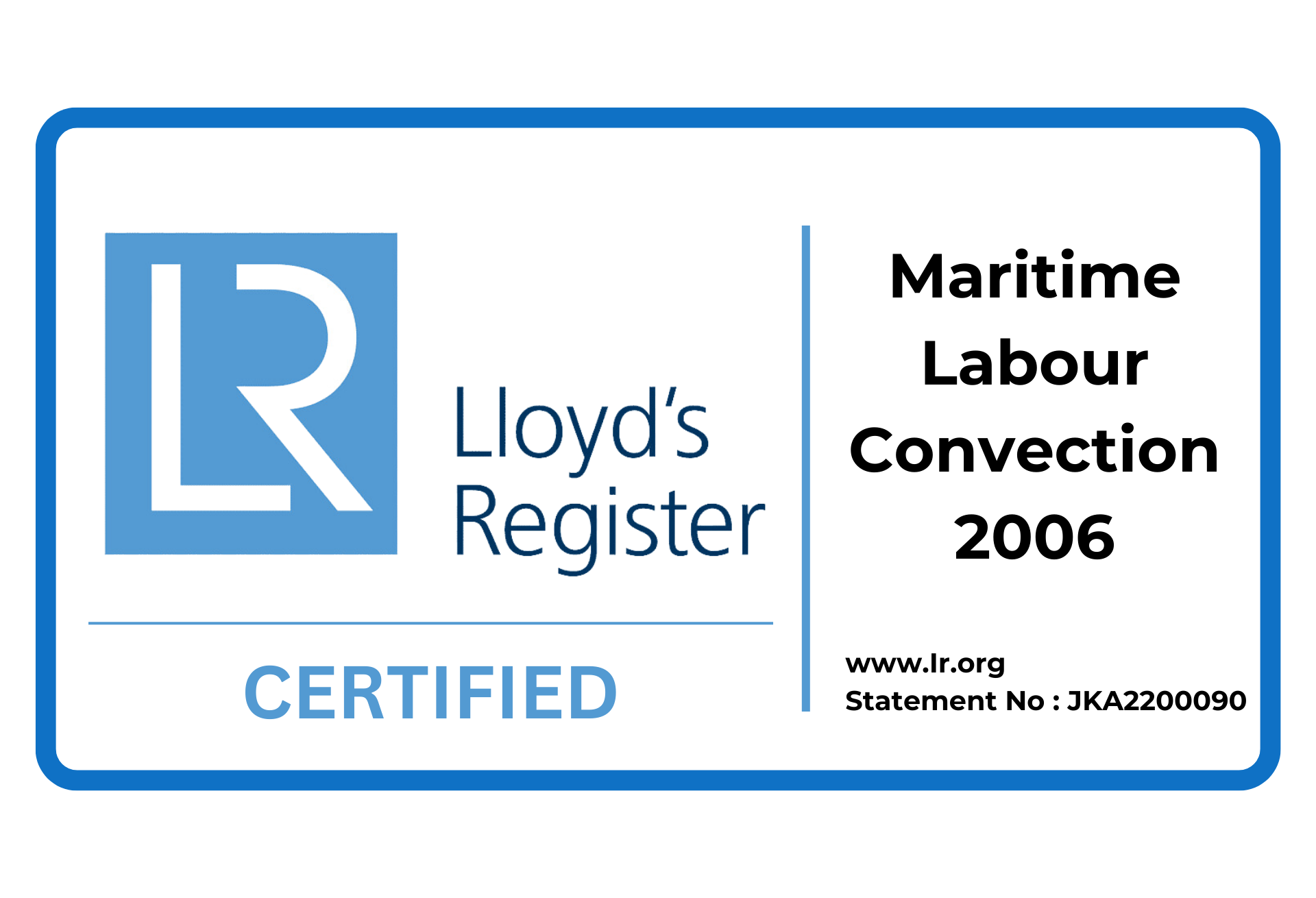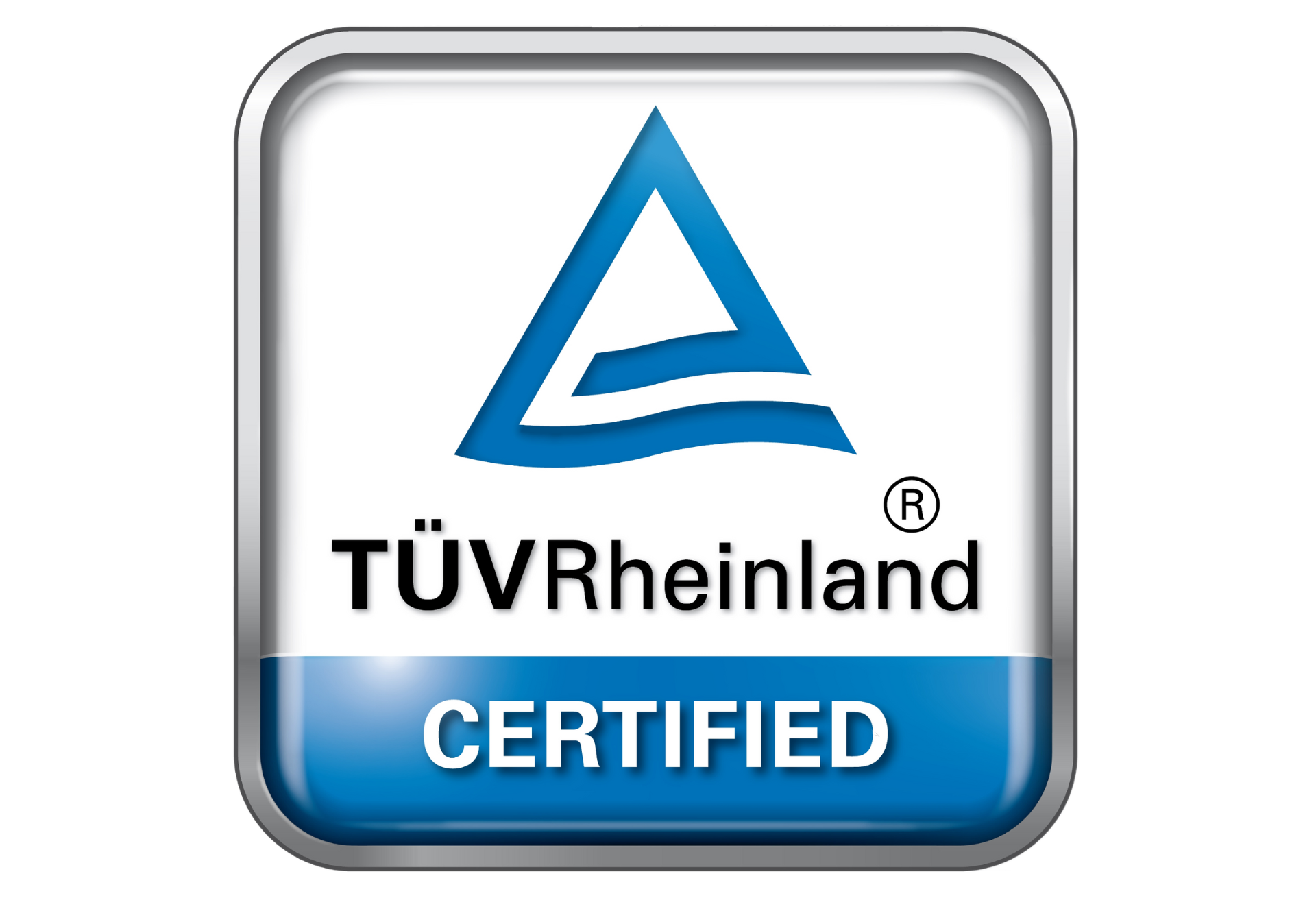When you want to develop
your careåer, what you should do is have a positive attitude and an open
mindset, adapt to your new environment by absorbing information every day. Actively learn new skills and look to complete
your work on time and help colleagues when they need assistance. Volunteer for
additional tasks if requested by your supervisor, respect your co-workers and
superiors, and comply with all company rules & regulations. Take over
responsibilities when needed and show your boss that you have the skills and
motivation to move into a more senior position. Hard work and dedication will
pay off. There are several factors that influence an individual's career
development efforts:
1.
Personal characteristics
Personality,
interests, aptitudes and work-related values determine a person's career
development decisions. If a person is ambitious and self-confident, they will
not hesitate to make tough decisions. They will also not be afraid of
uncomfortable situations. If he is a shy person with poor communication skills,
he will choose a safe job. From the start he will choose a job that does not
require him to deal with large audiences.
2.
Age
Age
affects an individual's career development. For example, female workers tend to
take age into account when developing their careers. If she is over 30, married
and has a baby, she will think twice before taking the opportunity to continue
her studies or take on new, more challenging responsibilities. This is because
the burden of housework and childcare still falls on women. Female workers aged
30 and over are more likely than men to consider the age factor when making
career-related decisions.
3.
Financial capability
Financial
stability is one of the factors that influences a person's career development.
Improving your skills costs money. Intensive online courses, a master's degree
or certifications obviously cost a lot of money. Some employees manage to get
around this by taking up scholarships. However, there are also employees who
cannot afford to take courses to develop soft and hard skills due to limited
financial resources. As they prioritise other commitments, the potential for
career development needs to be prioritised.
4.
Physical, mental and emotional conditions
These
three conditions have a major impact on an individual's career development. For
example, a 50-year-old technician who is not physically fit will think twice
about accepting a more challenging job offer. Another example is someone who
has had ADHD since childhood, and whose job requires punctuality and high
accuracy, so he has to be smart about how to manage himself so that the ADHD
trait does not interfere with his work and studies.
Share This Article











